Blog
I Can Read the Future
I know the title is one to be very skeptical about. But we all can and should read the future. A question next is, are we helping or hindering the next generations?
I read an interview with the author of the book The Optimist’s Telescope by Bina Venkataraman. Several thoughts struck a chord. Fascinating and thought-provoking.
How can I leave the next generation better off than my generation? One guiding principle is to leave as many options as possible while not destroying non-renewable resources.
I appreciated the concrete example the author offered. CRISPR, in its simplest definition, is a process of deliberately altering DNA. When we change the DNA of embryos, we transform the DNA into the future, giving fewer options to future generations. We changed one set of DNA for the other without understanding the consequences 100 years to 1,000 years from now. I don’t support editing inheritable traits.
This leaves options now, with a few restraints, to do research with CRISPR to solve problems of disease. We can benefit from our growing current knowledge and be able to handoff this information to others.
Concerning maximizing choice in the future, the resources just aren’t there to use many of the non-renewable resources now. It seriously limits future options.
The need to keep as many options as possible is essential. It isn’t binary, as there can be degrees.
Our world climate, as a non-renewable resource, is passing into the future. Pollution, radioactive waste, extinct plant animals and other living things, and undrinkable water supplies are no longer rare. But the biggest, hidden cost will be unveiled by the young people and their ancestors we are raising today. One of their fewer options will be to clean up the environment as quickly as possible, with a significantly lower standard of living.
So, giving this a bit of a think, two ideas come to mind. Choose one aspect of your current life, be it knowledge or a non-renewable resource. Now spend the next few minutes identifying how you can slow the removal of options of young people you love when they get to your age.
Full control may not rest with you. But, you could influence the thinking of those people who do have the opportunity to make a change. There are many ways to advocate.
I’ll close with a quote from Bina Venkataraman’s book.
“In place of blind denial and paralyzing pessimism, we need a radical strain of optimism.”
Photo by Pierre-André Wascheul on Unsplash
My thanks to St. Albert Seniors Association: 780-459-0433 for making this Blog possible.
Glenn Walmsley
Volunteer Blogger: -for those with a curious spirit




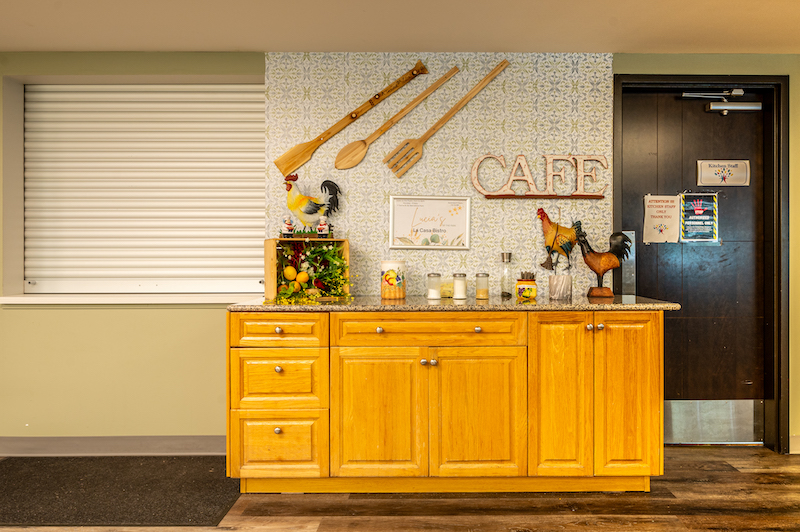
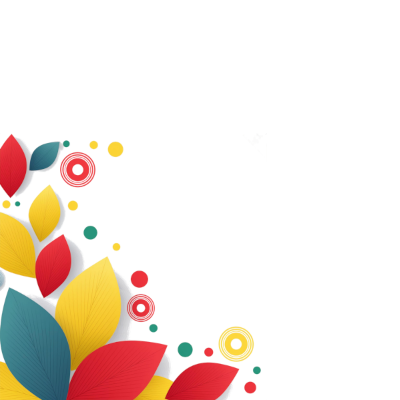

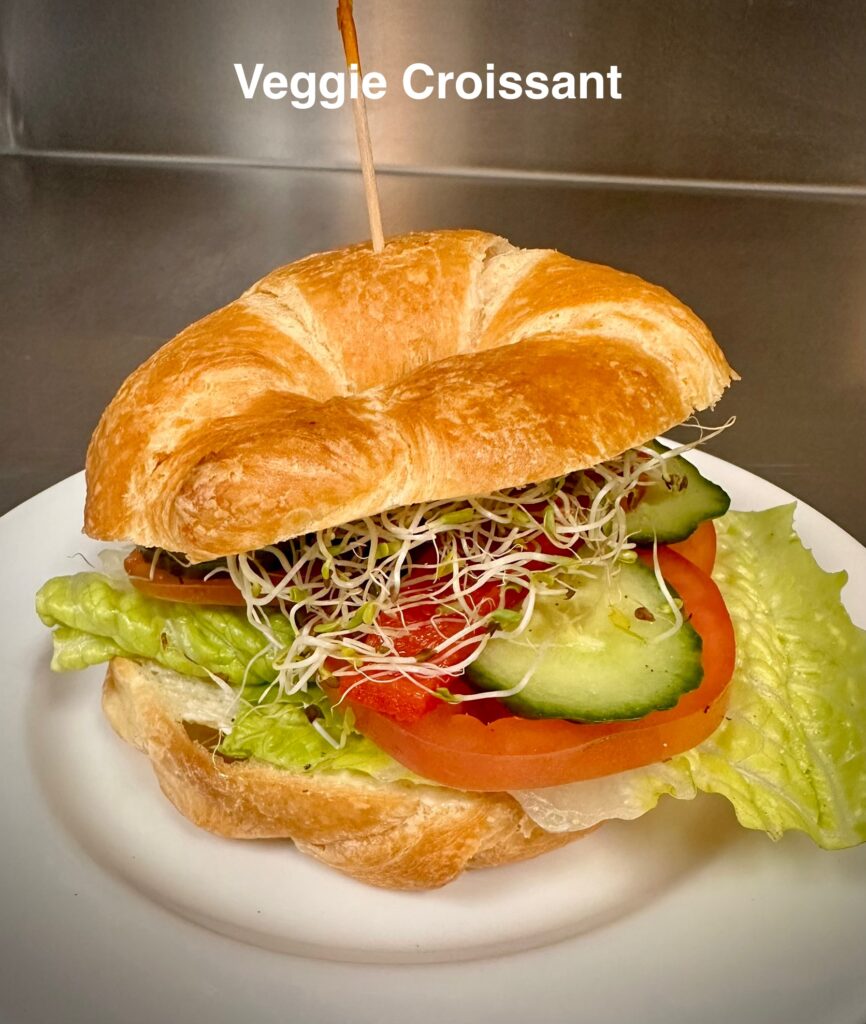
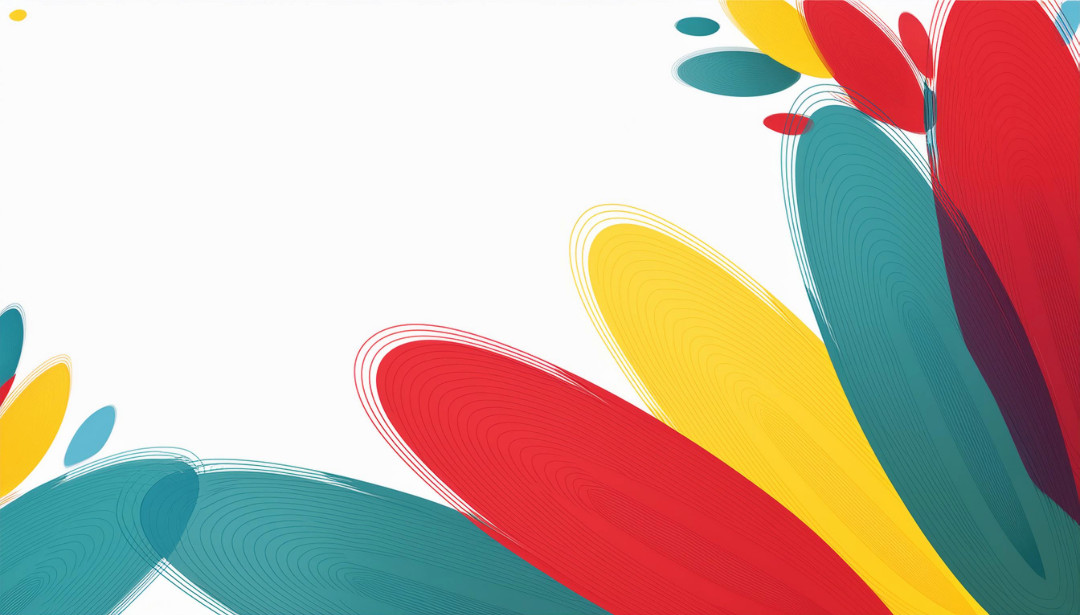
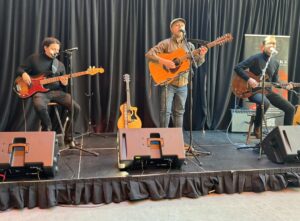
Hi Glenn, another great writing from you! I’m really enjoying reading your blogs. Keep up the good work. Can’t wait to spend some time together with Lois and yourself soon. Take care and stay healthy.
Thanks, Brian. I’m glad you enjoy them. The tag line -for those with a curious spirit, describes my potential audience. It isn’t for everyone, but I’m finding a steadily growing audience.
Long after I’m gone my hope is that my grandchildren will remember how much effort I put into recycling. My family should also remember me saying that overflowing landfills were not on my account because I was doing my part. That’s as far as I get for planning for the future. Aside from instilling in my daughter that our family home is never to be sold, that holding real estate is security; whatever else I’ve missed will have to be excused.
Thanks for sharing your “bit of a think.” We all come to such understandings be it thoughtful or unconscious.